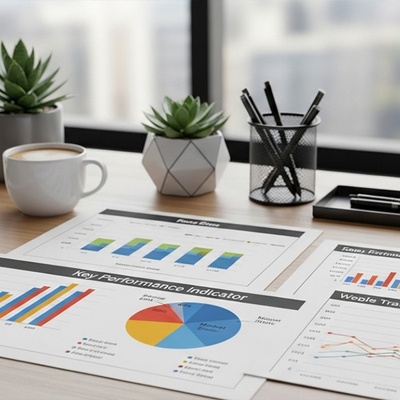Logistics services refer to the detailed organisation and implementation of a complex operation. In a general business sense, this includes the management of the flow of goods between the point of origin and the point of consumption to meet the requirements of customers or corporations. The various aspects covered by logistics services can include:
- Transportation: Moving goods from suppliers to buyers through various modes like shipping, air, rail, or road transport.
- Warehousing and Storage: Offering temporary storage for goods at various points in the supply chain. This includes managing inventory levels and ensuring goods are stored in safe and suitable conditions.
- Order Fulfilment: Ensuring that orders are processed efficiently from receipt through delivery. This includes picking, packing, shipping, and handling returns.
- Inventory Management: Monitoring the quantities of goods and determining optimal stock levels to prevent overstocking or stockouts.
- Material Handling: Physical handling of products, including machinery and manual labour for moving and organizing goods.
- Packaging and Unitization: Preparing goods for shipment and storage, including the selection of containers and packaging materials to protect goods during transit.
- Information Management: Using software and technologies to track goods, manage resources, and analyse data to optimize the logistics process.
- Reverse Logistics: Managing the return of goods and materials from the customer back to the inventory, often including recycling and waste disposal.
Digital Transformation in the Logistics Industry
Digital transformation refers to the integration of digital technology into all areas of business, fundamentally changing how companies operate and deliver value to customers. In logistics, this has translated to enhanced efficiency, reduced costs, and improved customer satisfaction. The adoption of cloud computing, for example, enables real-time tracking and data analysis, significantly improving decision-making and responsiveness to market demands.
Impact of AI and IoT on Supply Chain Management
AI and IoT stand at the forefront of revolutionising supply chain management within logistics. AI's capabilities in predictive analytics can forecast demands and identify potential disruptions, ensuring a more proactive approach to supply chain management. IoT, through its network of interconnected devices, facilitates real-time tracking of goods, enhancing visibility and control over the supply chain. Together, they enable a more agile, transparent, and efficient logistics operation.
Key Challenges
However, integrating AI and IoT within logistics services is not devoid of challenges. The initial high investment cost, the complexity of implementing new technologies into existing systems, and concerns about data security and privacy are significant hurdles. Moreover, the need for a skilled workforce to manage and operate these technologies adds another layer of complexity. Alchemy’s specialist logistics recruiters are increasingly helping companies hire staff in these key roles.
Rise of Sustainable Practices in Logistics
Sustainability in logistics is gaining traction, driven by regulatory pressures and a growing recognition of the sector's environmental impact. This shift towards greener practices includes the adoption of electric vehicles (EVs), optimisation of routes to reduce fuel consumption, and the use of biodegradable packaging materials.
Sustainability efforts not only contribute to environmental protection but also enhance brand reputation and can lead to operational cost savings. However, transitioning to sustainable operations requires substantial investment and a cultural shift within organisations, posing significant challenges.
Case Studies
DHL’s Smart Warehouses
DHL has effectively embraced digital transformation through its implementation of smart warehouses. These facilities use advanced robotics, AI, and IoT technologies to automate and streamline warehouse operations. The result is increased efficiency, reduced errors, and enhanced worker safety. DHL's smart warehouses exemplify how digital technologies can revolutionise logistics operations.
Maersk’s Green Initiatives
Maersk has set ambitious sustainability goals, including becoming carbon neutral by 2050. The company is investing in renewable fuels and green technologies while optimising its operations to reduce energy consumption and emissions. Maersk's commitment to sustainability showcases the feasibility and economic viability of green practices in the logistics industry.





